
Sunscreen Basics: Does Sunscreen Expire And How Long It Lasts
- Introduction to Sunscreen and Its Importance
- Understanding Expiration Dates on Sunscreen Products
- How Long Does Sunscreen Last?
- Effects of Using Expired Sunscreen
- Can You Use Expired Sunscreen?
- Tips for Properly Storing and Extending the Life of Your Sunscreen
- Alternatives to Expired Sunscreen
- Conclusion
Introduction to sunscreen and its importance
Ultraviolet rays upon prolonged exposure can induce sunburns, initiate premature ageing and even cause skin cancer. Sunscreen, functioning as protection against these hazardous rays, has evolved into a vital companion in all facets of our daily lives.
Understanding expiration dates on sunscreen products
The million-dollar question: Does sunscreen expire? Ever noticed the small number and letter combination on your sunscreen bottle? That’s the expiration date. It signifies the duration until which the product is deemed effective and safe for use. Yet, decoding these dates can be a puzzle. Some sunscreens display a clear expiration date, while others might have a manufacturing date with an indication of shelf life. Understanding these labels becomes crucial for ensuring the sunscreen's efficiency.
How long does sunscreen last?
Experts generally agree that sunscreen possesses an effectiveness that is not infinite. Wondering, ‘How long does sunscreen last?’ Experts suggest its shelf life to be approximately three years. However, this estimate can fluctuate depending on factors such as formulation, storage conditions and exposure levels to high temperatures or sunlight. Over time, sunscreen's active ingredients may degrade. This degradation reduces the product's effectiveness in shielding against harmful UV rays.
Effects of using expired sunscreen
Using expired sunscreen isn’t just about a potential lack of protection, it can also lead to skin irritation, breakouts, or even allergic reactions. When the active ingredients break down, they might not only lose their effectiveness in shielding against UV rays but also create a breeding ground for bacteria, heightening the risk of skin infections.
Can you use expired sunscreen?
Do you frequently find yourself asking ‘Can I use expired sunscreen?’ The golden rule asserts that one should avoid utilising expired sunscreen.
Tips for properly storing and extending the life of your sunscreen
Proper storage of sunscreen is pivotal in maintaining its efficacy and extending its shelf life. Here are comprehensive tips to ensure your sunscreen remains effective:
1. Cool, dark storage
Sunscreen is sensitive to temperature and light. Store your Mineral Matte Tinted Sunscreen in a cool, dark place, away from direct sunlight and high temperatures. A cabinet, drawer, or a shaded area is ideal. Avoid leaving it in your car or near windows where it can be exposed to heat, which can accelerate its degradation.
Also read: How to Apply Sunscreen on the Face
2. Check the consistency and smell
As sunscreen ages, its consistency may change, becoming clumpy or runny. Additionally, it might develop an off-putting smell. If you notice these changes, it's a sign that the sunscreen might have degraded and should be replaced.
3. Avoid contamination
Contamination can occur when using sunscreen directly with dirty hands or applying it over an unclean skin surface. Always wash your hands before applying sunscreen and make sure your skin is clean to avoid introducing bacteria or impurities to the product.
4. Avoid freeze-thaw cycles
Extreme temperature changes, such as freezing and thawing, can negatively impact sunscreen. Prevent leaving it in freezing conditions as this can alter its consistency and potentially degrade its effectiveness.
5. Travel smart
When travelling, ensure your Mineral Matte Tinted Sunscreen is packed in a cool, shaded area of your luggage, not left in direct sunlight or in the hot compartments of your bag, which can affect its quality.
Alternatives to expired sunscreen
When faced with expired sunscreen or when it’s not readily available, several alternatives can offer protection against the sun's harmful UV rays. While nothing perfectly substitutes for sunscreen, combining multiple methods can provide decent protection. Here are some effective alternatives:
1. Protective clothing
Clothing acts as a physical barrier against UV radiation. Opt for tightly woven fabrics that cover your skin, such as long pants, long-sleeved shirts, and wide-brimmed hats. Darker colours and special UV-protective clothing can offer better protection.
2. Seek shade
Finding shade during peak sun hours, typically between 10 a.m. and 4 p.m., reduces direct exposure to the sun's rays. Trees, umbrellas, or built structures can provide shade and lower your UV exposure.
3. Sunglasses
Not just a fashion statement, sunglasses with UV protection shield your eyes from harmful rays. Look for sunglasses that block both UVA and UVB rays for comprehensive protection.
4. Broad-brimmed hats
Hats with wide brims effectively shield your face, neck, and ears from the sun. They act as an additional layer of defence against UV rays.
5. Stay indoors
If possible, staying indoors during peak sun hours is an effective way to reduce exposure. Engage in indoor activities or find shade if you need to be outside.
6. Physical barriers
Creating physical barriers like umbrellas, tents, or sunshades when at the beach or outdoors can significantly reduce exposure to direct sunlight.
Conclusion: The importance of regularly replacing your sunscreen
The simple answer to the question ‘Can I use expired sunscreen?’ is that it isn't advised. Your skin’s health and protection against harmful UV rays are paramount. Regularly replacing your sunscreen within its shelf life is a small but significant step in safeguarding your skin from potential damage. Being mindful of expiration dates, proper storage, and considering alternatives when needed are crucial practices in maintaining effective sun protection.






















































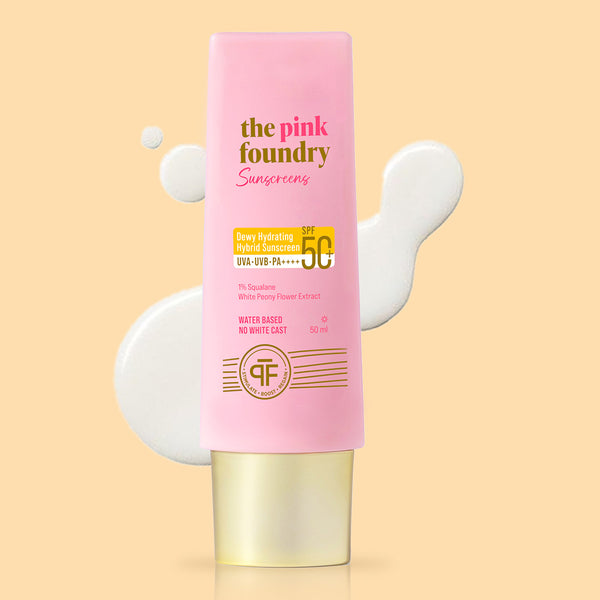
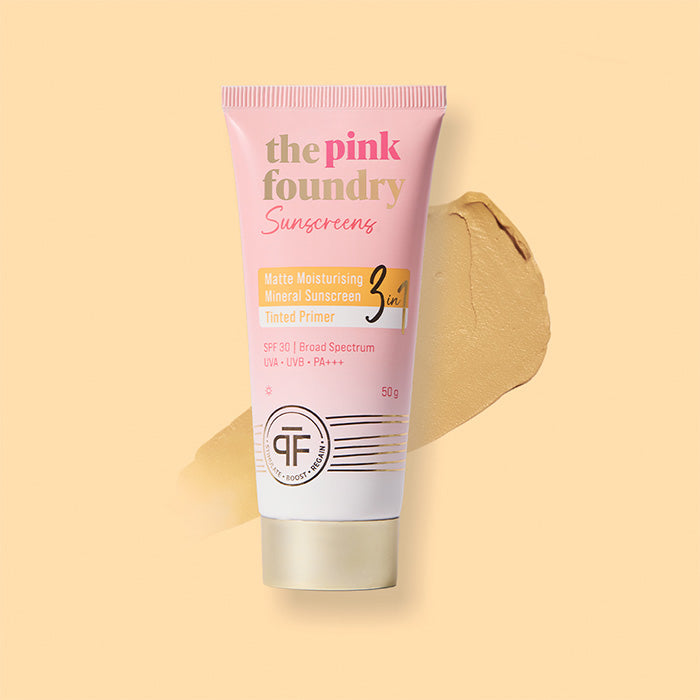

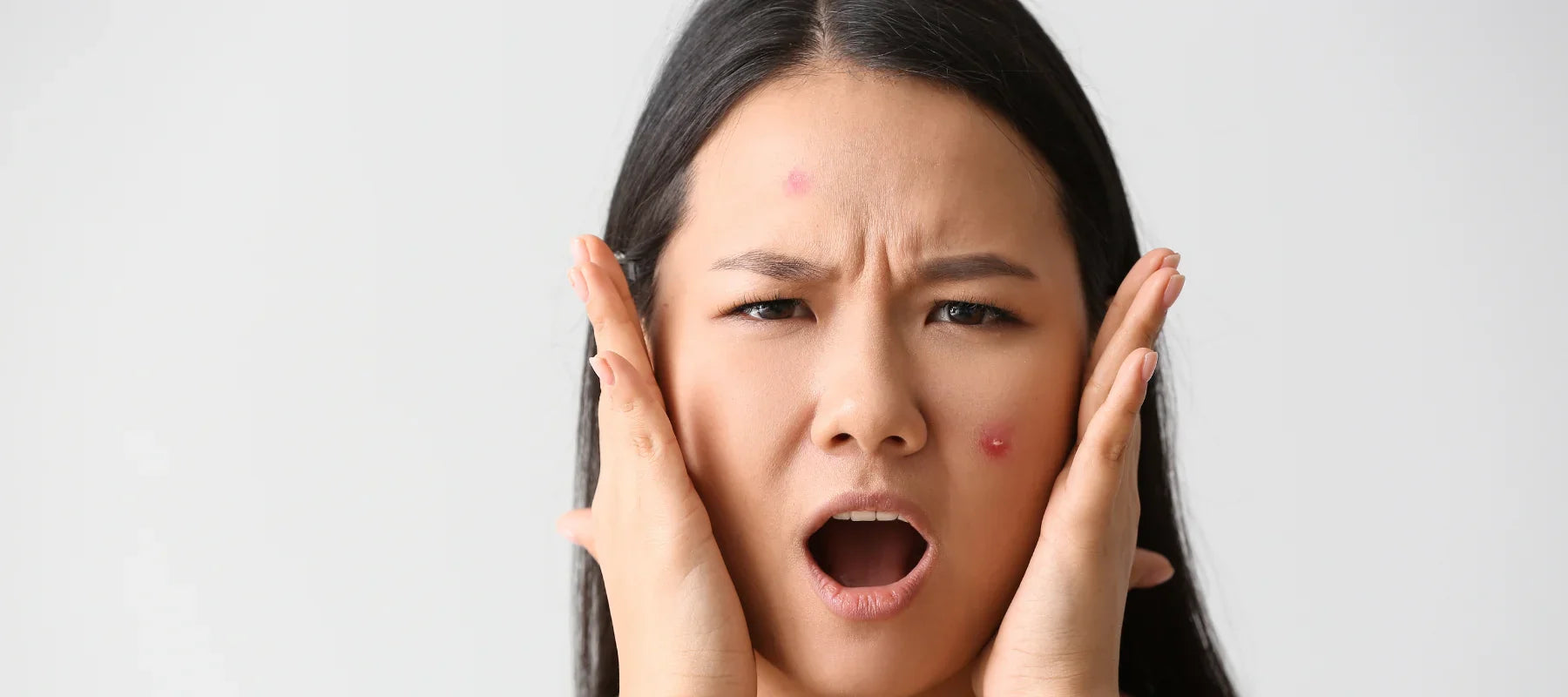
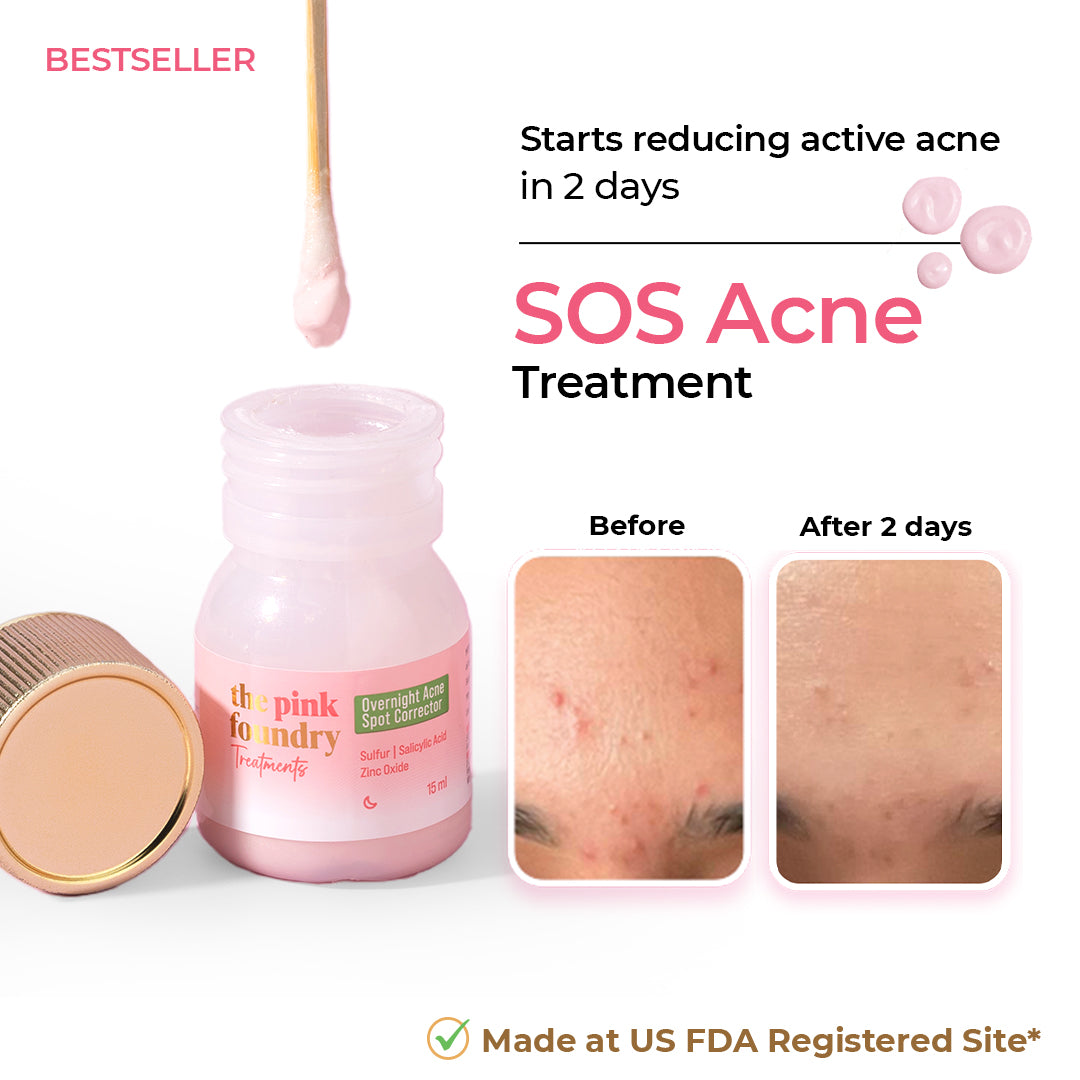
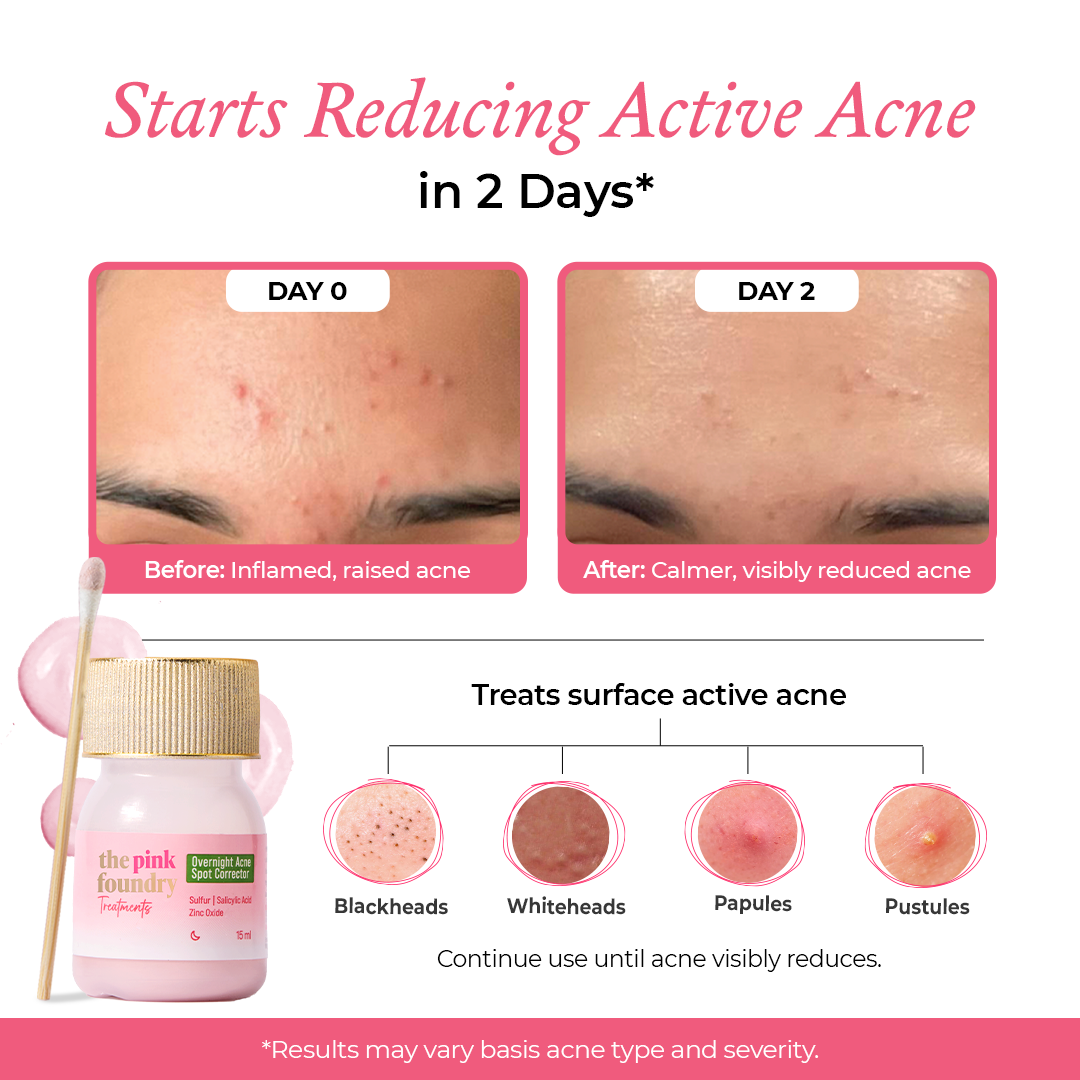


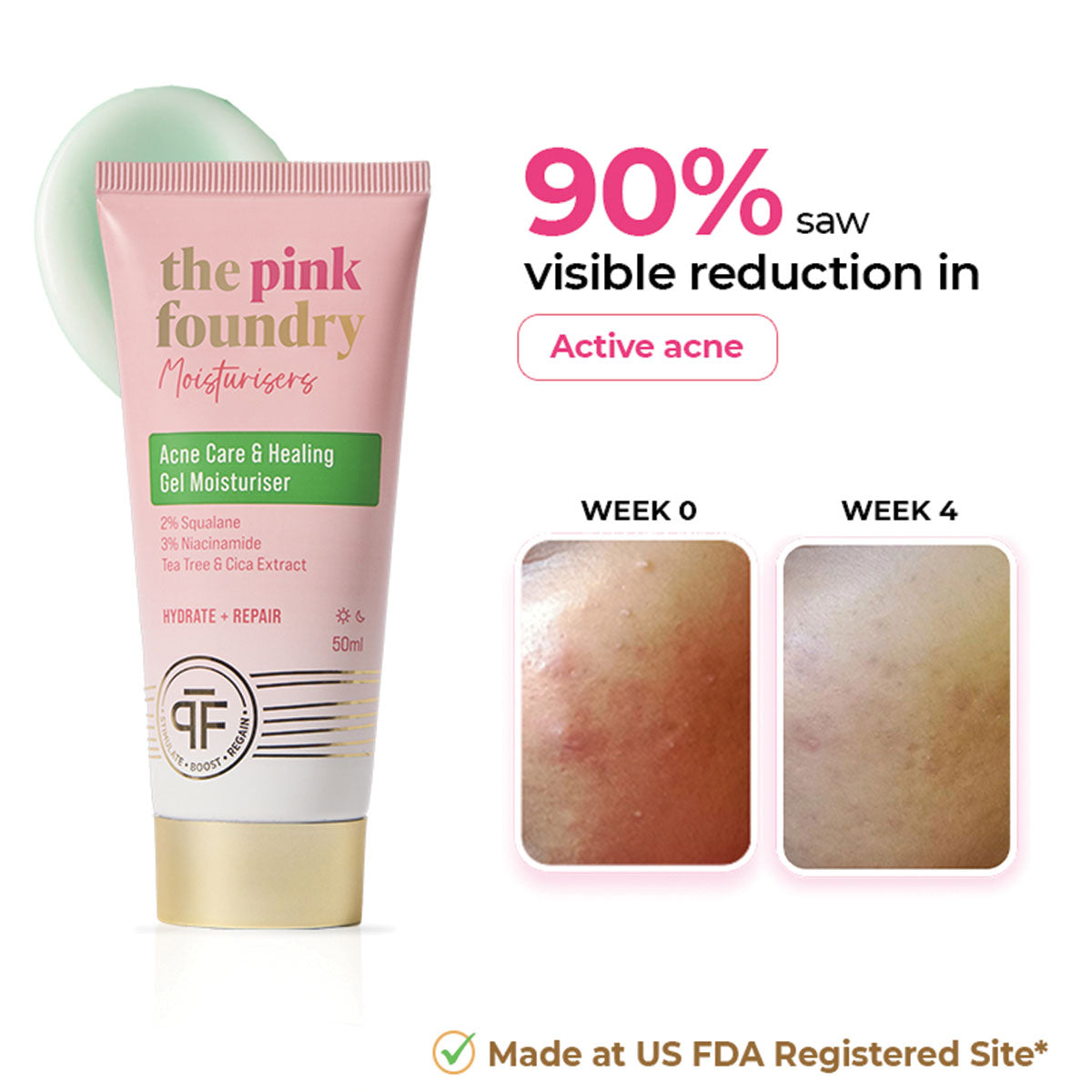
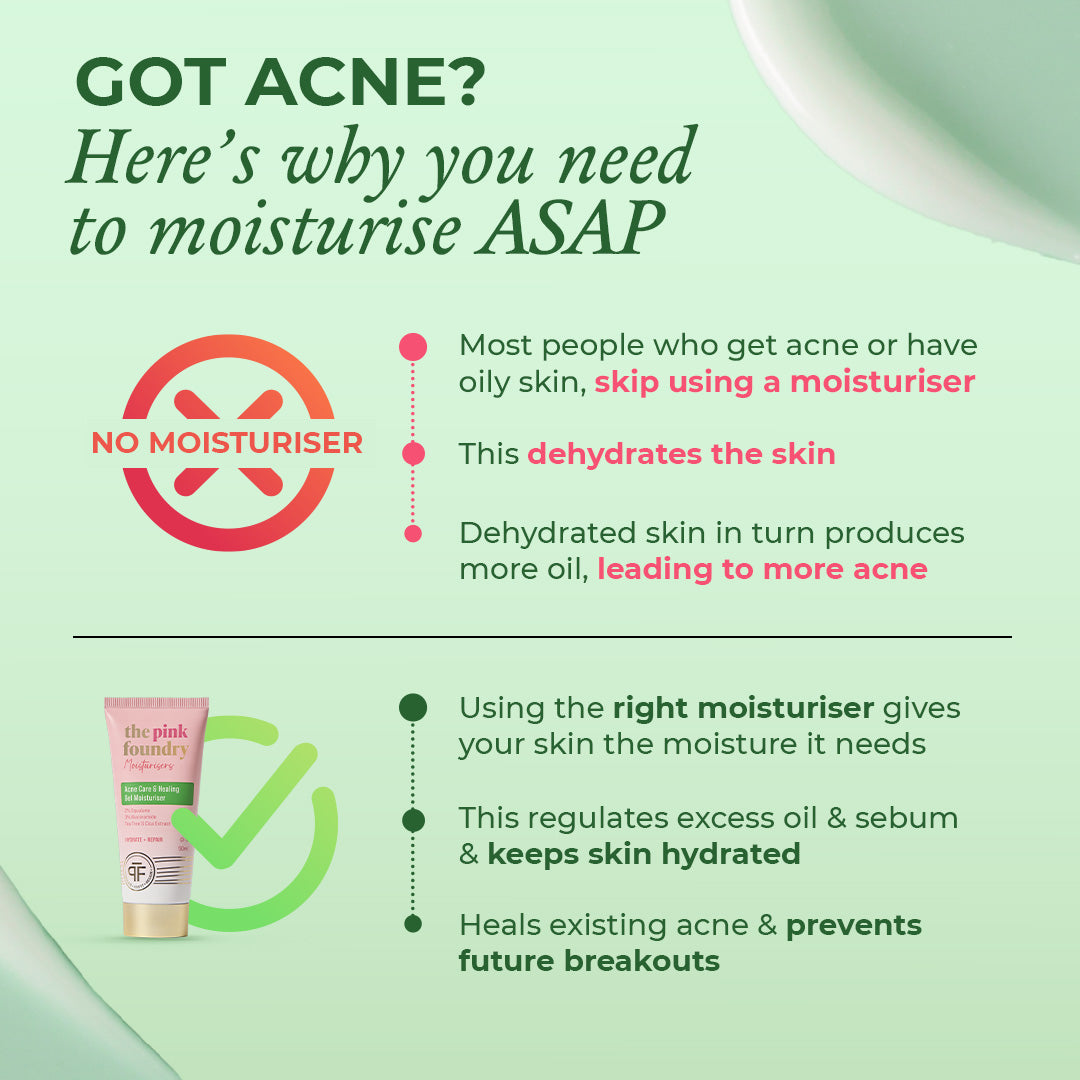










Leave a comment
This site is protected by hCaptcha and the hCaptcha Privacy Policy and Terms of Service apply.